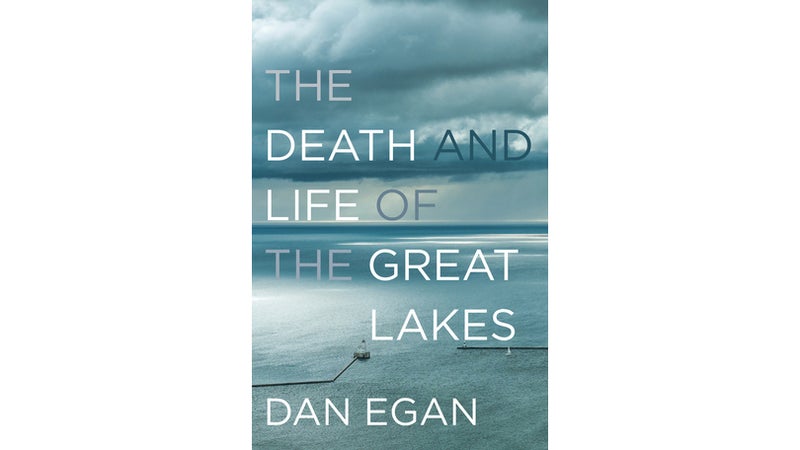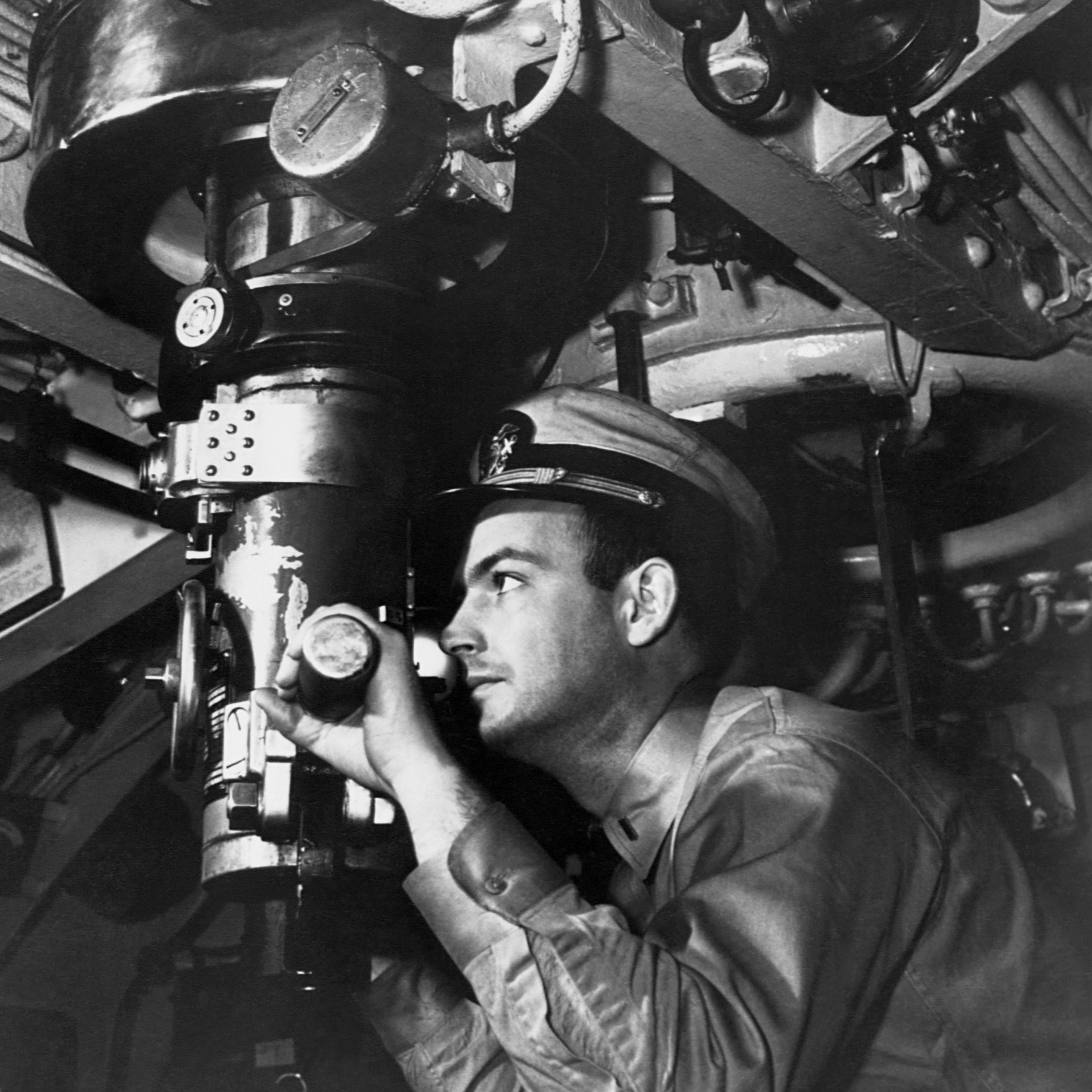There’s nothing more present than death in Jim Shepard’s latest book of short stories. Given the subject matter of the ten pieces in The World to Come ($26, Alfred A. Knopf), that’s no surprise. The collection features characters confronted with the extremes of the natural world—volcanic eruptions, once-in-a-millennium cyclones, and doomed Arctic expeditions.

It may sound depressing, but this is Shepard, a perennially undersung writer of seven novels and four previous collections whose subjects stretch from the Holocaust to the trials of middle school. There’s no topic he can’t handle, and each story in The World to Come is its own sort of joy to read, despite the often gloomy subject matter.
Primarily that’s because no one is better at inhabiting a voice than Shepard. The narrators here run the gamut from a gunner’s mate on a World War II submarine to the inventor of the hot-air balloon in 18th-century France to a fundraiser for a small college, each one distinct yet authentic.
When a homesteading housewife on a 19th-century farm in upstate New York says about her morning, “Prepared the pea sticks for the first crop of peas and drowned the barn cat’s kittens,” you believe she did precisely that. If “HMS Terror,” about Sir John Franklin’s 1845 search for the Northwest Passage, didn’t appear in a book of short stories, I might have mistaken it for someone’s journal. “The metal plates have sheared off fore and aft,” he writes in the guise of lieutenant Edward Little, who was one of the real officers on board the Terror. “The crew report leaks on every level. The ship is under such audible distress from the ice that when speaking with me the officer of the watch is obliged to put his mouth to my ear.”
Which brings us to another great pleasure of Shepard’s writing: things happen. In many of today’s short stories, a pot boils and there ends the plot. In “Cretan Love Song,” one character witnesses the largest volcanic eruption ever to occur on this planet, for chrissake, and is momentarily frozen with awe. “Long before the blast column has reached the upper atmosphere, the shock wave coalesces in a grim line that radiates from the outer edge of your field of vision all the way to your little inlet,” Shepard writes.
The stories here are nearly flawless. The main difficulty in reading them is wanting to flip ahead a few pages to see if the stranded British Royal Navy submarine in “Telemachus” ever gets to fire its torpedoes, or if disaster comes to the people working in remote stations in Queensland, Australia, in “Intimacy,” the final story. Of course, by that point in the book you expect that it does.
Other Things We're Reading:
The Death and Life of the Great Lakes
This compelling piece of nonfiction takes a look into the ecological disaster facing America's greatest source of fresh water.

The Stranger in the Woods
This is the story of Christopher Thomas Knight, a man who spent nearly 30 years as a hermit in the rugged woods of Maine.



